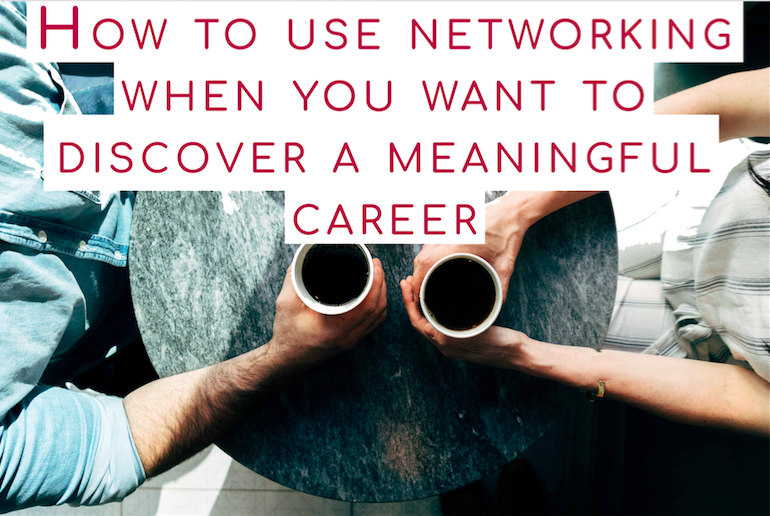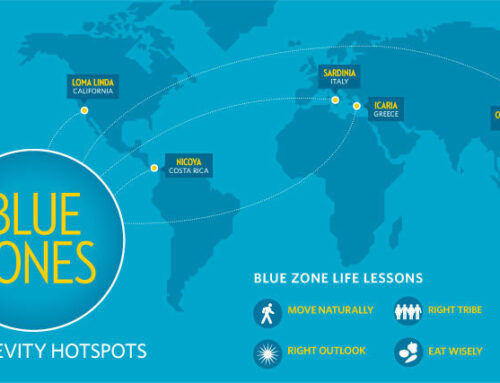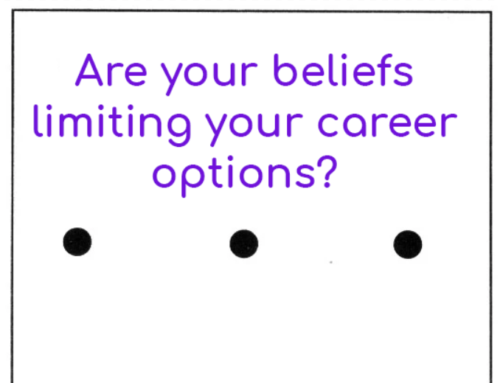Does the idea of ‘networking’ fill you with dread, and makes you think of sleazy sales guys and awkward networking events?
That’s what I used to think of.
Now that I’ve learned just how useful (even fun!) networking can be, I want to help you explore how it can be especially helpful when you are looking to discover a new career.
What I know with 100% certainty is that networking is a skill you can learn, we’re not borne great networkers. Reading this article is your first step in learning to enjoy and master it.
To start with, I’ve found it super helpful to stop using the dreaded word ‘networking’, and instead refer to it as having ‘meaningful conversations’ with interesting people.
That’s essentially what it’s all about – reaching out to people who are doing cool stuff you’d like to know more about, while being curious, excited, complimenting and humble.
I’m going to tell you exactly what you have to do to get started, step by step – but first I’ll share the two most common objections I get from people who think networking isn’t for them.
Objection 1: I would just be bothering that person – what’s in it for them?
The way you phrase your message is very important, but essentially people like helping other people who
1. are friendly, 2. they share commonalities with, 3. they have common connections with, 4. show enthusiasm and interest in what they do, and 5. show gratefulness.
If you can demonstrate that you tick 3-4 of those boxes, I can pretty much guarantee you’ll get a response rate of 10-20%.
I’ve even found that it’s okay to come across as a bit awkward or naive, after all you’re there to seek new knowledge. Just make sure you act professional and come prepared with a list of insightful questions (more on that later).
Objection 2: I don’t have a big network!
We all have bigger networks than we think. In fact, you have an invisible network that you’re probably ignoring. This is made up of all the connections of your connections, and is infinitely bigger than you can imagine.
Start with your partner and closest friends – who else do they know who might be interesting for you to speak to?
Then, look at your Linkedin and Facebook connections, even your mobile phone contact list. Who is on there that you had forgotten about?
Also, look through your alumni association and other groups you’re part of. From my experience, people who went to the same university often have a shared bond with each other, many years later.
You just need a couple of conversations to get the ball rolling… trust me.
Here’s what to do, step by step
1. Explore your connections
I mentioned earlier to start with the people closest to you, then your social media accounts, your contact list and any sport or leisure groups you’re a member of.
Start with the warmest leads first, for example people that know your partner well are more likely to say yes than people who know your acquaintance well.
You can search (ie on Linkedin) by job, sector, or any other measure that somehow intrigues you. Search for people at a seniority level that makes sense – not too senior, as they won’t have the time, and not too junior as they wont be able to add as much value.
If using Linkedin, make sure your profile is up to date as people will probably check you out before agreeing to talk to you.
Be open-minded to where your search is going to lead you. I promise you will be surprised about the things you learn during conversations, many of them totally unexpected. Most of this insight you can’t just find on the web.
2. Look for similarities
Find out what similarities you have in common with them. People feel an instant connection with someone else when they see something they share with you, whether it’s a shared experience in the same industry, the same university background or a shared language.
If you start off your message by mentioning the commonality you found, you’re much more likely to get a yes.
3. Keep the email short, sweet and humble
Here’s a simple script you can use if you’re reaching out to a cold lead:
Hi Matt,
I’m Christine, we’re connected on Linkedin and I couldn’t help notice that you work in the xyz industry. I can see you also graduated from X University, as did I, what a small world!
I’m currently doing a complete career re-think, and I’m really interested in learning more about what a career in xyz looks like – I’d be incredibly thankful if you could spare 10 min of your time on the phone, so that I could ask you a few questions to find out more about what it’s like to work in your industry?
It would really mean a lot, and of course I’d be happy to help you in any way I can.
Thank you in advance, and do let me know any time that would be convenient to you.
Best, Christine
4. Do your homework
Ahead of the call or meeting (suggesting a meeting is ideal, but more realistic when you’re reaching out to a warm lead), do your homework.
Spend at least 30 min checking out the company website and the person’s Linkedin profile.
This also helps you avoid wasting your precious time when you’re with that person, by asking obvious questions you could have easily found the answer to online.
5. Ask insightful and open-ended questions
These are some ideas for questions you can ask during the conversation:
- What are the top 3 things you love most about your job/ company?
- And what do you dislike the most?
- What did you wish you had known before you started on this career path?
- Where do you see yourself going in the future? Are there different avenues you are considering?
- Looking back, how did you get here?
- What kind of people tend to do well in your company or industry?
- What’s the biggest career lesson you have learned over the past few years? What about the biggest lesson relating to your industry?
- Can you think of anything else that would be interesting for me to hear?
- Given that I am looking to get a lot more fulfilment out of my career, do you have any advice for me?
- In particular, do you know of any book/website or other resource that might be helpful?
- Do you know someone else that would be interesting for me to talk to?
6. Get more referrals
This is what I mean about getting the ball rolling – don’t miss out on the opportunity to ask them, at the end of the conversation, whether they know another relevant person they could put you in touch with.
Because this would be a warm lead, that person is very likely to also say yes to talking to you.
Before you know it, you have a whole stack of interesting people to meet!
7. Say ‘Thank You’
If in doubt, always be more polite than you think you should be. Definitely thank the person, on the same day or the day after, for taking the time to speak to you.
You can add a note about how you’re taking action on one of the things you discussed with them, and again, let them know if you can ever help them with anything.
8. Add Value
This is what distinguishes a good networker from a great networker – what can you proactively do to help the other person?
Is there an article or resource you can share with them? Or a person you could connect them with?
Make it a habit to set aside some time to think about how you can help those people who helped you, weeks or months later. Few people do this, and the ones who do will truly be remembered.
Doing this has the added benefit of making you feel good, which in turn will make you want to seek out and connect with even more people.
This goes back to what I mentioned in the beginning about networking essentially being about having meaningful conversations which help both parties involved.
9. Close the loop
If you acted on the advice of one of the people you spoke to, tell them so in a short message – even if it’s weeks later. This is going to make them feel good and more likely to help you and others in the future.
Plus it has the added benefit of reminding them of you. You never know if they thought of another piece of advice or another person for you to meet since you last spoke.
Conclusion
So, if there’s one thing you take away from reading this post, let it be that networking is really about having meaningful conversations, where both people benefit.
If you make sure you are polite, curious about the other person, humble and grateful (and avoid rambling, or making the conversation all about yourself), you’re good. Whatever you do, respect the person’s time, and do not go into sales mode or ask for a job.
You’ll find it enjoyable and learn a huge amount of valuable career insights that you could never hope to find from just doing online research.
Remember to give back to that person, the very least by thanking them, and even better, by proactively helping them out.
PS: Do this today – can you think of 2-3 people you’d like to talk to? Get their email addresses, use the above script and send off your first few messages.
I wish you the best of luck!








Leave A Comment